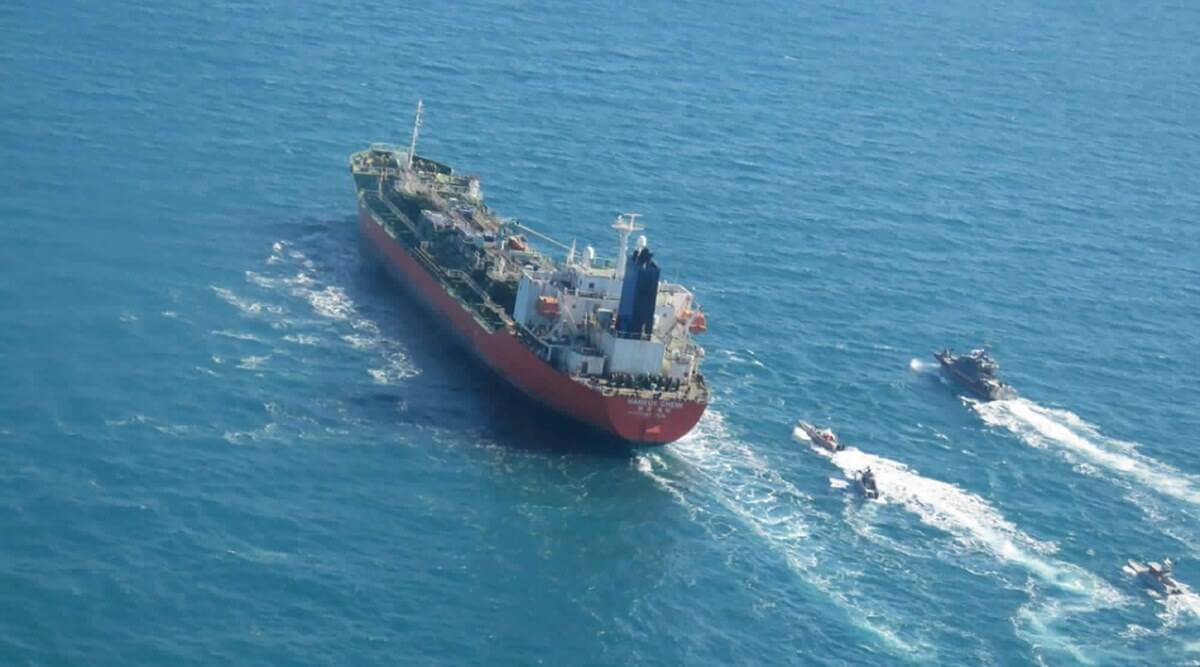Tensions between Iran and South Korea have worsened over Iran’s inability to access more than $7 billion in Iranian funds that have been frozen in South Korean banks because of American sanctions. Iran has also threatened to take legal action against South Korea if the funds are not released.
On Thursday, Alireza Salimi, an Iranian lawmaker and cleric, told AFP that “we have $7.8 billion of our money blocked in South Korean banks.” Salimi, who is involved in negotiations in South Korea over the issue, said Seoul took the delivery of Iranian oil but “did not pay for it.” He added, “It is not a reliable trading partner and it should pay interest on the money it is improperly holding.”
Meanwhile, South Korean First Vice Foreign Minister (FM) Choi Jong-kun held a phone conversation on Thursday with United States (US) Special Envoy to Iran Robert Malley regarding the restoration of the 2015 nuclear deal, also known as the Joint Comprehensive Plan of Action (JCPOA). Choi demonstrated urgency in reviving the talks and reiterated Seoul’s commitment to providing support for this purpose “in consideration of the importance of Seoul-Tehran relations.” While it was not clear whether the two diplomats discussed the issue of the frozen funds, Malley urged South Korea to “continue” playing a constructive role in efforts to revive negotiations.
South Korea stopped purchasing oil from Iran after ex-US President Donald Trump unilaterally withdrew from the JCPOA in 2018 and re-imposed sanctions on Iran. The East Asian country also stopped paying Iran for shipments already made as the US threatened to punish anyone doing business with it.
Consequently, Iran has been stepping up the pressure on South Korea to release the funds, with very little progress made in this regard. As a result, ties between Tehran and Seoul have deteriorated.
In January, armed Islamic Revolutionary Guard Corps (IRGC) troops stormed a South Korean flagged tanker—MT Hankuk Chemi—and forced the ship to change course and travel to Iran. The tanker and its captain were held in Iran for three months on the grounds of violating environmental regulations.
However, later comments made by Iranian officials confirmed the move was in response to the Iranian assets being held in South Korea. “If anybody is to be called a hostage taker, it is the South Korean government that has taken our more than $7 billion hostage under a futile pretext,” Ali Rabiei, a former Iranian government spokesperson, said at the time.
Iran has also repeatedly threatened to take legal action against South Korean banks holding the money. Last year, Tehran warned Seoul that it would go to the International Court of Justice to seek a remedy against South Korea’s impounding of Iranian money. Iran had also compared US-South Korea ties to a “master-servant relationship.” South Korea retaliated by summoning the Iranian ambassador to Seoul and sending an official note of protest.
Despite the hostility, however, both sides have turned to diplomatic solutions to resolve the dispute. In April, former South Korean Prime Minister Chung Sye-kun visited Iran to discuss improving ties and resolving the frozen assets issue. Similarly, last week, the foreign ministers of Iran and South Korea, in a phone conversation, agreed to “end the current impasse” over the frozen funds and “solve the problems in bilateral relations.”

